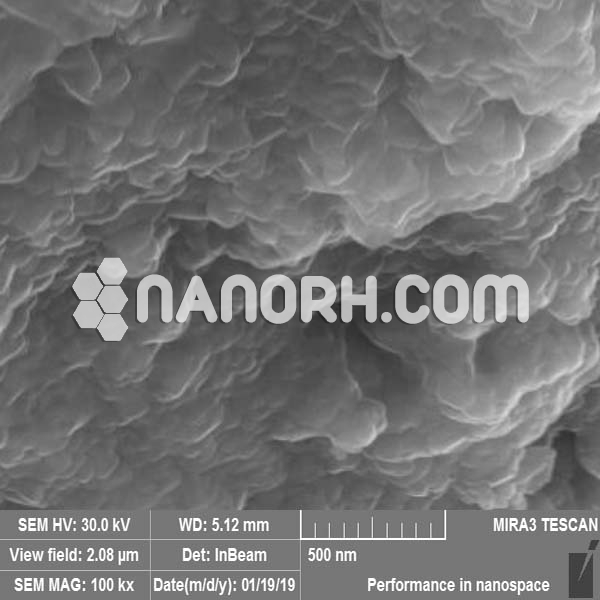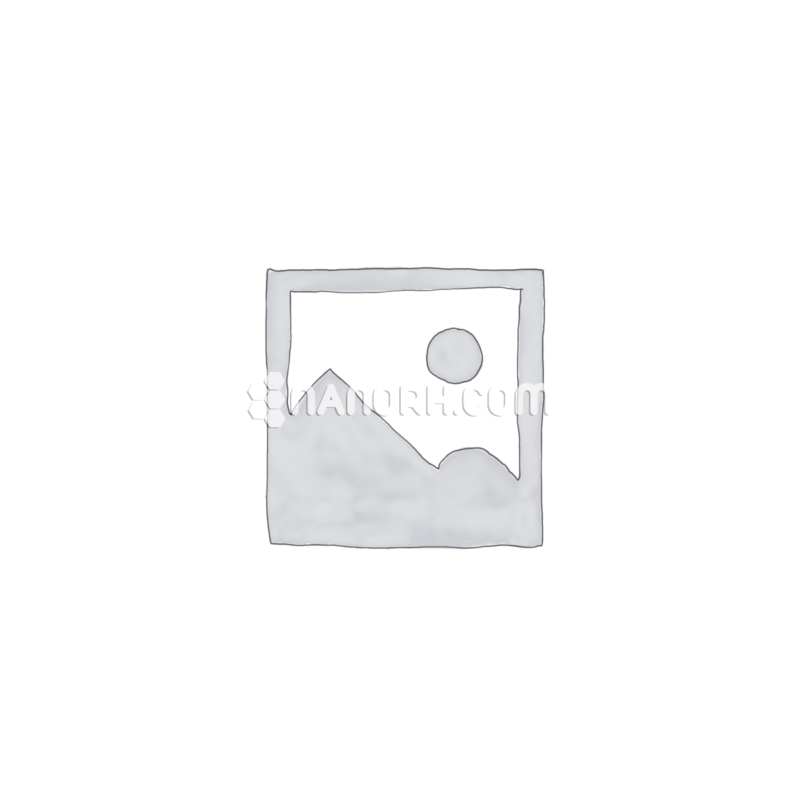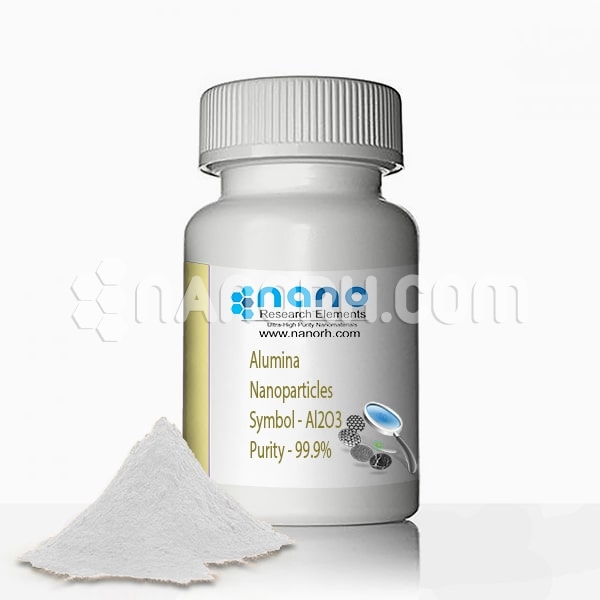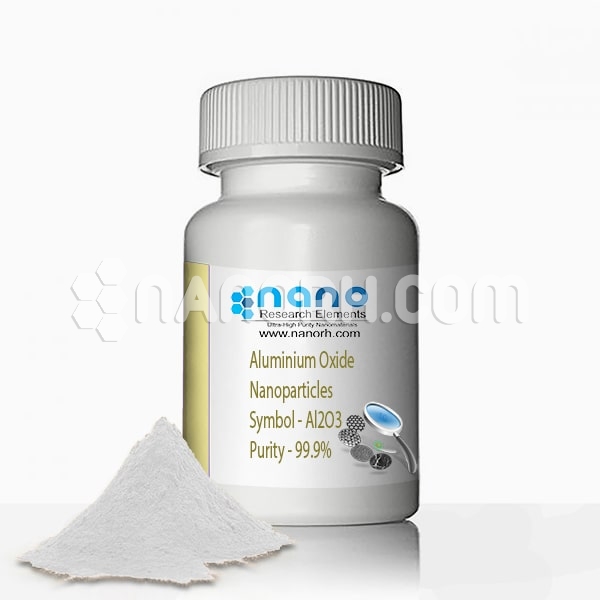| Tungsten Nanopowder | |
| Product No | NRE-1047 |
| CAS No. | 7440-33-7 |
| Formula | W |
| APS | <100nm (Can be Customized) |
| Purity | 99.9% |
| Color | Gray |
| Molecular Weight | 183.84 g/mol |
| Density | 19.25 g/cm³ |
| Melting Point | 3422 °C |
| Boiling Point | 5930 °C |
Tungsten Nanopowder Applications
Tungsten nanoparticles, which are tiny particles of tungsten with diameters typically ranging from 1 to 100 nanometers, have a wide range of applications across various fields due to their unique properties. Here are some notable applications:
Electronics: Tungsten nanoparticles are used in the electronics industry for various purposes. They can be used as conductive fillers in electronic materials, helping improve the electrical and thermal conductivity of polymers and composites. They are also used in the production of nanoscale electronic components.
Catalysis: Tungsten nanoparticles serve as effective catalysts in various chemical reactions. They are particularly valuable in catalytic reactions involving hydrogenation, dehydrogenation, and other processes. Their high surface area and unique electronic properties make them suitable for catalytic applications.
Solar Cells: Tungsten nanoparticles have been explored for use in photovoltaic cells and solar panels. They can enhance the efficiency of solar cells by serving as light-absorbing materials or by improving electron transport within the cells.
Biomedical Applications: Tungsten nanoparticles have potential applications in medicine. They can be used in drug delivery systems, where their small size and surface properties can help target specific cells or tissues. Additionally, they can be used in imaging techniques, such as magnetic resonance imaging (MRI), when coated with appropriate materials.
Thermal Spray Coatings: Tungsten nanoparticles can be incorporated into thermal spray coatings, which are used to protect surfaces from wear, corrosion, and extreme temperatures. These coatings find applications in the aerospace, automotive, and industrial sectors.
Nanofluids: Tungsten nanoparticles can be dispersed in liquids to create nanofluids with enhanced thermal and electrical properties. These nanofluids can be used for cooling in electronic devices and thermal management applications.
Ceramics and Composites: Tungsten nanoparticles can be added to ceramics and composites to improve their mechanical and thermal properties. This makes them useful in the manufacturing of high-performance materials for aerospace and defense applications.
Energy Storage: Tungsten nanoparticles have potential applications in energy storage devices, such as batteries and supercapacitors, due to their unique electrical properties and high surface area, which can enhance energy storage capacity and charge/discharge rates.
Environmental Remediation: Tungsten nanoparticles can be used for the remediation of contaminated groundwater and soil. They can help catalyze the degradation of pollutants, making them a valuable tool in environmental cleanup efforts.
Nanotechnology Research: Tungsten nanoparticles are important tools in nanotechnology research and development. They are used to create and study novel materials and explore various nanoscale phenomena.




